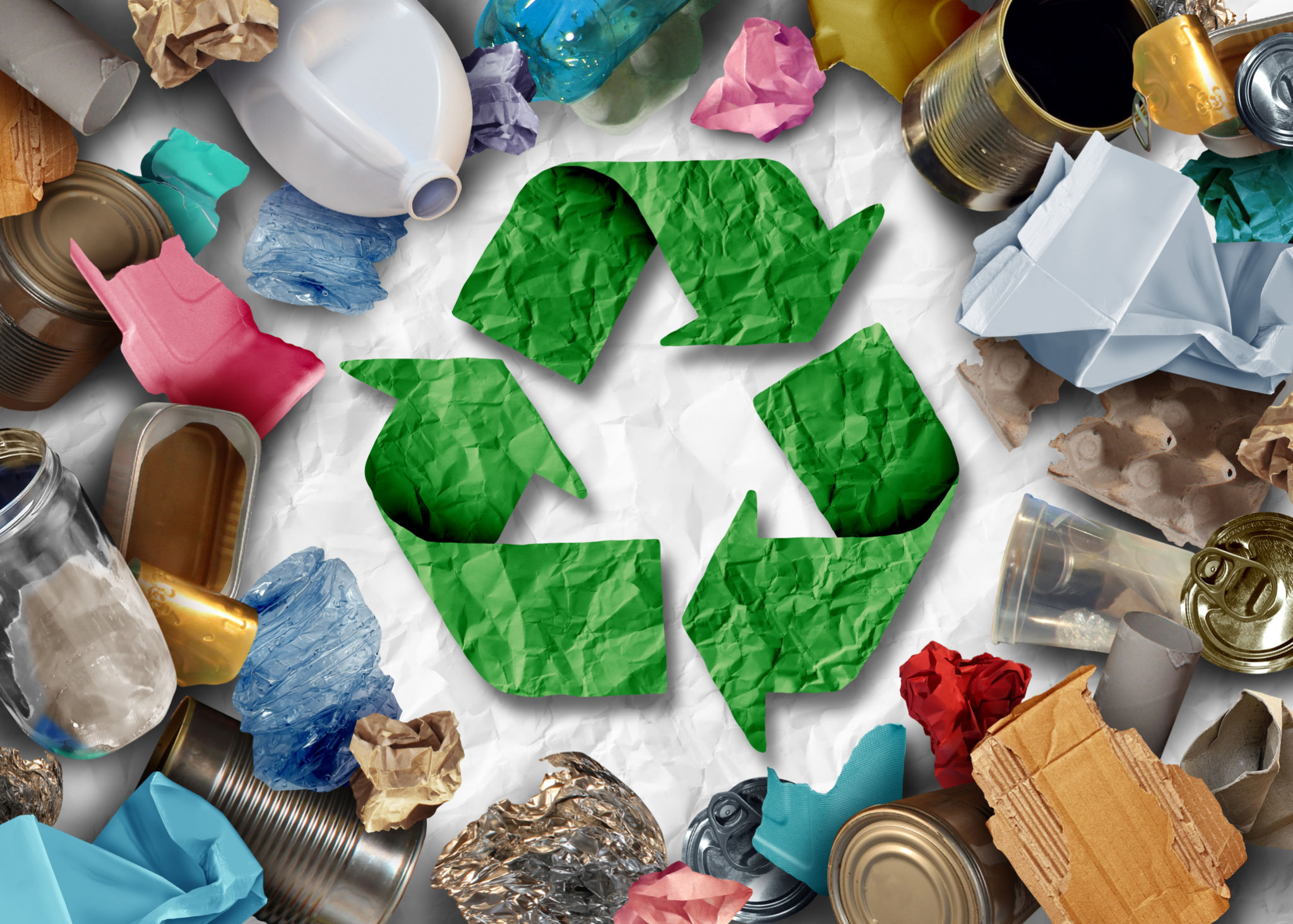A Comprehensive Guide to Used Lead Acid Battery Recycling in the Philippines
Introduction to Used Lead Acid Battery Recycling
In recent years, the importance of recycling used lead acid batteries has gained significant attention in the Philippines. As one of the most commonly used types of batteries, their proper disposal and recycling are crucial to prevent environmental pollution and conserve valuable resources. In this guide, we delve into the processes, benefits, and challenges associated with recycling used lead acid batteries in the country.

The Importance of Recycling Used Lead Acid Batteries
Lead acid batteries contain hazardous materials, including lead and sulfuric acid, which can pose serious environmental threats if not handled correctly. By recycling these batteries, we not only prevent these toxic substances from contaminating soil and water but also recover valuable materials like lead and plastic that can be reused in manufacturing.
Recycling also plays a significant role in reducing the demand for raw materials, thereby minimizing the ecological footprint associated with mining activities. This sustainable approach supports a circular economy, which is increasingly important in today's environmentally conscious world.
Environmental Impact
The improper disposal of used lead acid batteries can lead to severe environmental damage. When these batteries end up in landfills, the lead content and sulfuric acid can leach into the soil and groundwater, causing widespread contamination. This can have devastating effects on local ecosystems and human health.

Recycling Process of Lead Acid Batteries
The recycling process for lead acid batteries is straightforward yet highly effective. It typically involves several steps:
- Collection: Used batteries are collected from various sources, including households, automotive shops, and industrial facilities.
- Breaking: The batteries are broken apart using specialized machinery to separate the components.
- Separation: The broken materials are then separated into lead, plastics, and acid.
- Reprocessing: Lead is melted and purified for reuse, while plastic is cleaned and processed into new products.
Role of Authorized Recyclers
In the Philippines, authorized recyclers play a critical role in ensuring the safe and efficient recycling of used lead acid batteries. These entities are equipped with advanced technologies and adhere to strict environmental regulations to manage the recycling process responsibly. Partnering with certified recyclers ensures compliance with national laws and environmental standards.

Challenges in Battery Recycling
Despite its advantages, battery recycling faces several challenges in the Philippines. One major hurdle is the lack of awareness among consumers about the importance of recycling and the proper disposal methods for used batteries. Additionally, logistical issues such as collection and transportation can impede the recycling efforts.
Another challenge is the informal sector's involvement in battery recycling. Informal recyclers often lack the necessary equipment and safety measures to handle hazardous materials safely, leading to environmental and health risks.
Government Initiatives and Policies
The Philippine government has taken steps to address these challenges through various initiatives and policies. The Department of Environment and Natural Resources (DENR) oversees regulations pertaining to hazardous waste management and promotes awareness campaigns to educate the public about responsible battery disposal.

Conclusion
Recycling used lead acid batteries is essential for protecting the environment and conserving resources in the Philippines. By understanding the recycling process, recognizing its benefits, and addressing the existing challenges, we can contribute to a more sustainable future. Collaboration between government agencies, authorized recyclers, and the public is crucial in achieving effective battery recycling practices nationwide.
